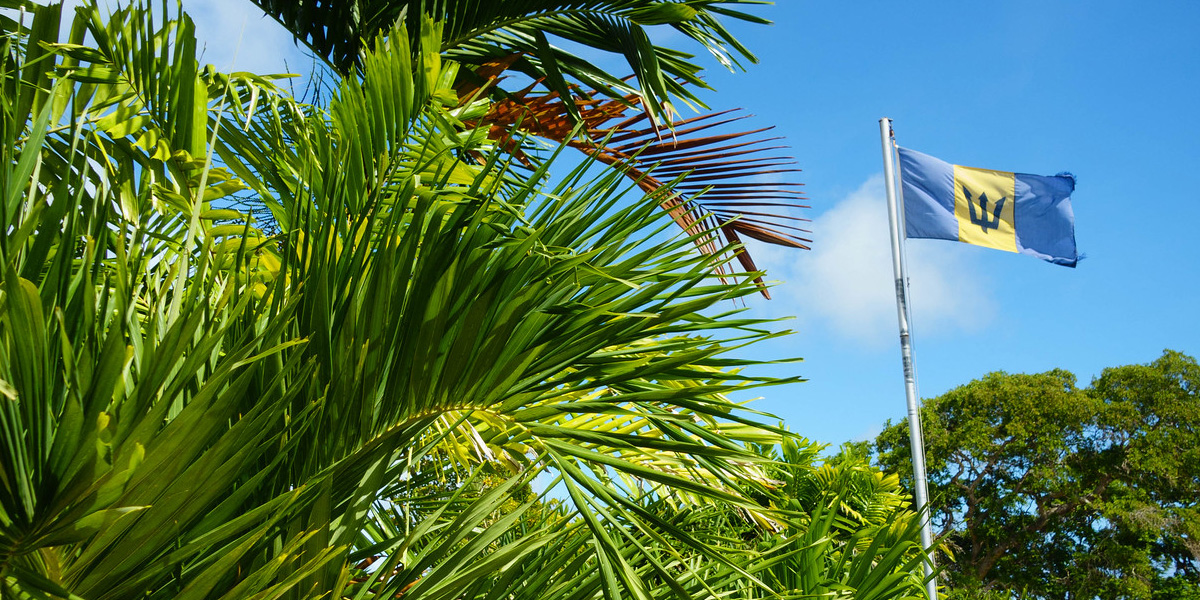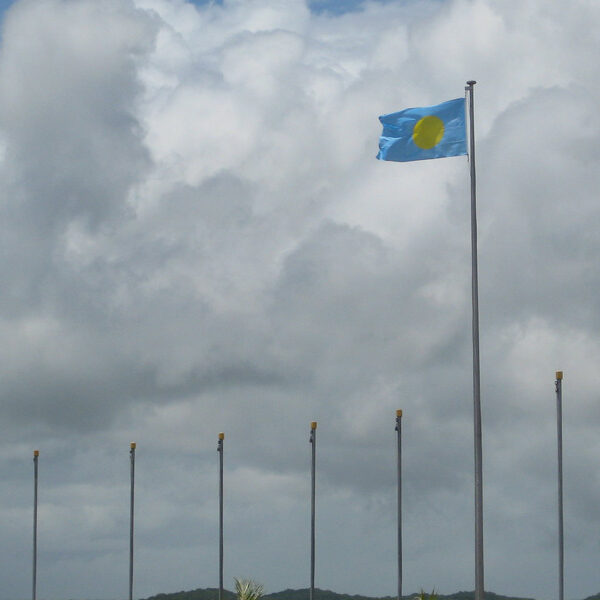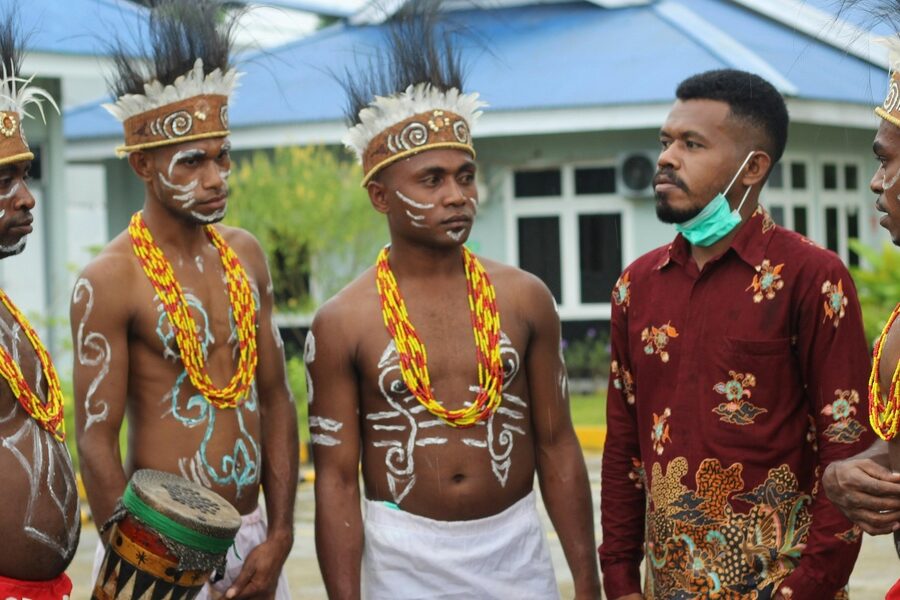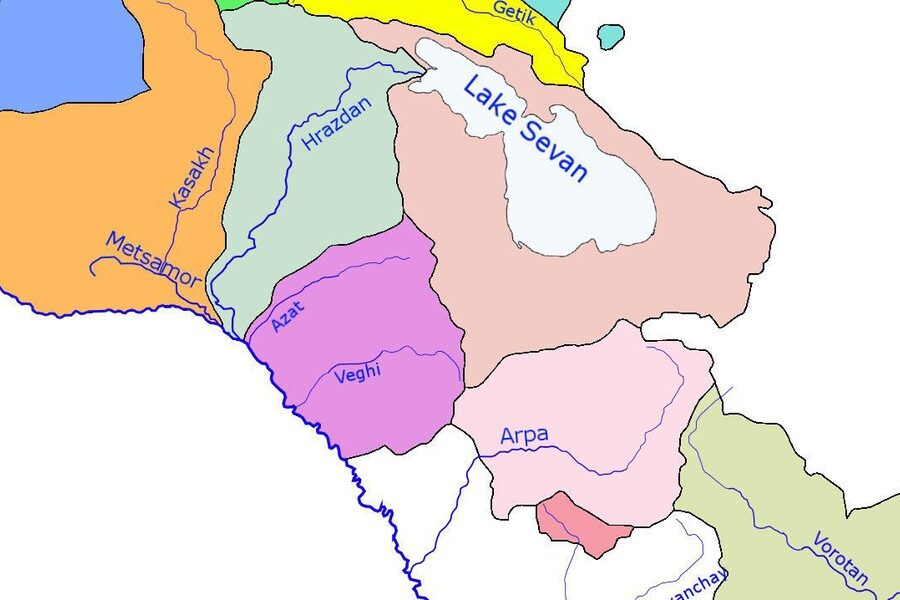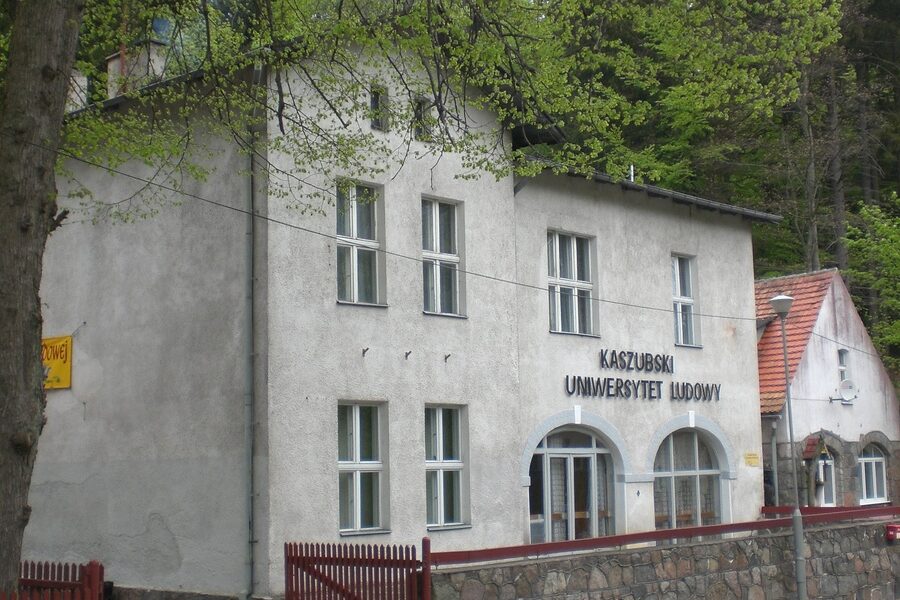Barbados is an island nation celebrated for its captivating blend of historical depth, vibrant culture, and the genuine warmth of its people. Understanding a destination often begins with its language, a fundamental aspect that shapes daily interactions, artistic expression, and the unique identity of its inhabitants. The linguistic landscape of Barbados offers a fascinating reflection of its journey through time.
When exploring this captivating island, it’s insightful to understand the Official Languages in Barbados. There are exactly two, showcasing a rich linguistic spectrum that includes the local Bajan Creole and the widely recognized English, reflecting the island’s deep-rooted heritage. For each, you’ll find below a clear breakdown of their Status, Speakers (est.), and Origin, providing a comprehensive overview.
Is Bajan Creole an official language?
While Bajan Creole is an intrinsic and widely spoken part of Barbadian daily life and cultural identity, it is not formally recognized as an official language in the governmental or legal sense. English serves as the de jure official language used in education, administration, and formal communications. Nevertheless, Bajan Creole’s significance as a vibrant local dialect is undeniable and deeply cherished by the community.
Official Languages in Barbados
| Language | Status | Speakers (est.) | Origin |
|---|---|---|---|
| English | Official | 289,000 | West Germanic (British English) |
| Bajan Creole | National (de facto) | 285,000 | English-based creole with West African influences |
Images and Descriptions

English
As the sole official language, English is used in government, education, media, and all formal settings. Barbadian Standard English is the local variant, maintaining a distinct rhythm and vocabulary while being internationally understood.
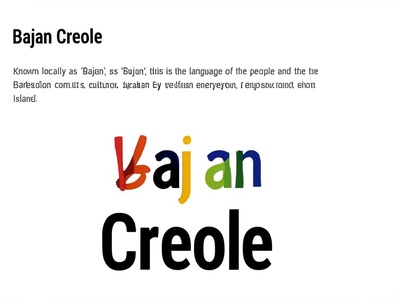
Bajan Creole
Known locally as ‘Bajan’, this is the language of the people and the true voice of Barbadian culture. Spoken by nearly everyone in informal situations, it’s a vibrant and expressive language born from the island’s complex history, blending English words with African grammatical structures.

